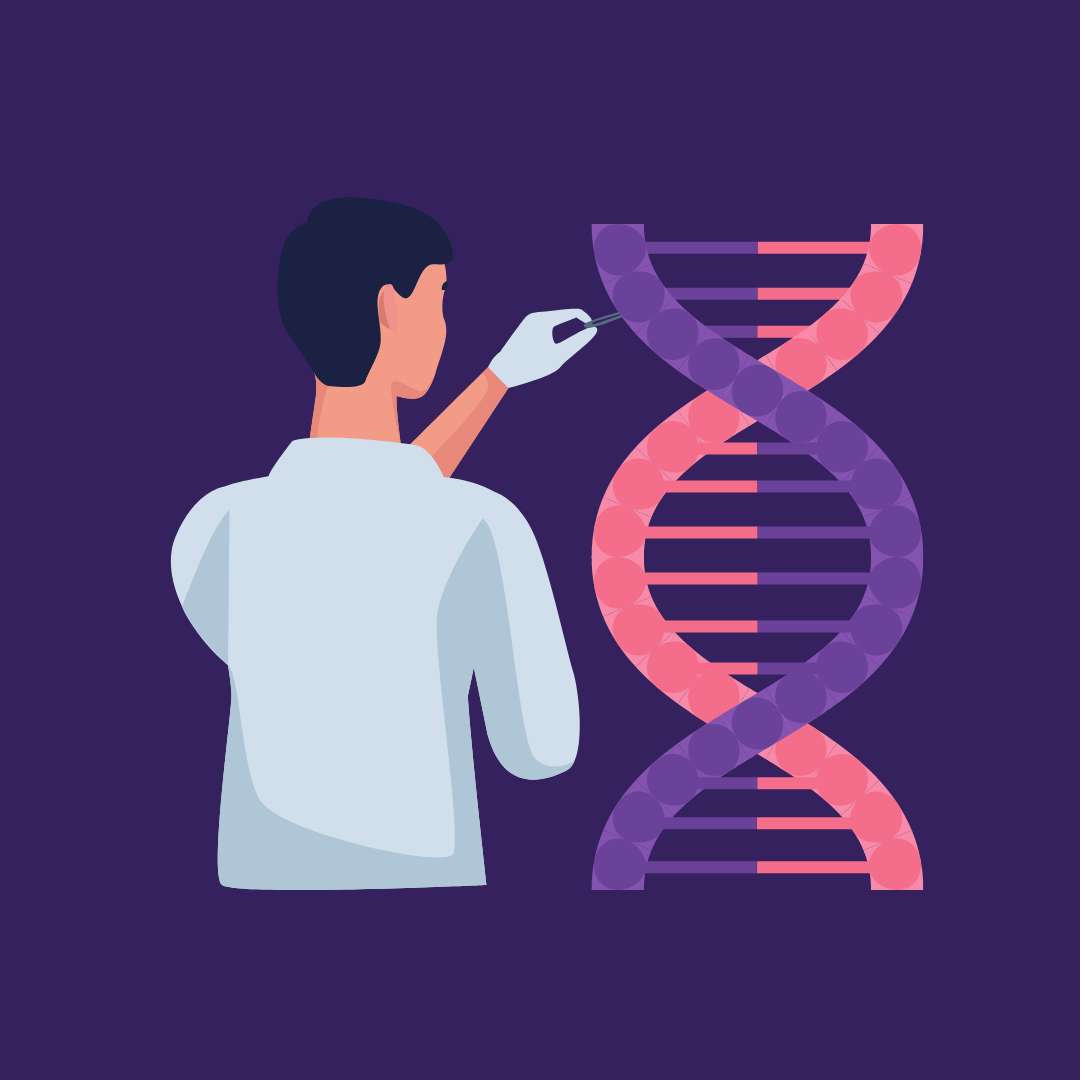What Happened to Concerns About Human Enhancement?
By R. Jean Cadigan, Margaret Waltz, Rebecca Walker, Rami Major and Incidental Enhancements Research Group,
The Hastings Center: Bioethics Forum
| 04. 25. 2023
Prominent science policy reports that set the stage for the recent Third International Summit on Human Genome Editing all raise questions about human enhancement. Enhancement concerns also consistently loom large in public attitudes on possible uses of these genomic technologies. It may seem surprising, then, that enhancement received little formal attention at the Summit. Instead, the Summit focused elsewhere–on issues of access to emerging forms of somatic cell genome editing for genetic disease. Here we report our observations on the Summit’s de-emphasis of enhancement questions and suggest some consequences of continuing this trend in subsequent science policy deliberations.
Despite its absence from the Summit’s agenda, the topic of genome editing for human enhancement did spontaneously bubble up at the meeting in interesting ways. On the first day, outside the Summit’s venue, London’s Francis Crick Institute, protesters passed out pamphlets titled “Stop Designer Babies.” At first it seemed as if the protest would succeed in making enhancement an important topic at the Summit. In the opening session, Robin Lovell-Badge, chair of the Summit’s organizing committee, referenced the protesters and also noted...
Related Articles
By David Jensen, California Stem Cell Report | 02.10.2026
Touchy issues involving accusations that California’s $12 billion gene and stem cell research agency is pushing aside “good science” in favor of new priorities and preferences will be aired again in late March at a public meeting in Sacramento.
The...
By Alex Polyakov, The Conversation | 02.09.2026
Prospective parents are being marketed genetic tests that claim to predict which IVF embryo will grow into the tallest, smartest or healthiest child.
But these tests cannot deliver what they promise. The benefits are likely minimal, while the risks to...
By Mike McIntire, The New York Times | 01.24.2026
Genetic researchers were seeking children for an ambitious, federally funded project to track brain development — a study that they told families could yield invaluable discoveries about DNA’s impact on behavior and disease.
They also promised that the children’s sensitive...
By Arthur Lazarus, MedPage Today | 01.23.2026
A growing body of contemporary research and reporting exposes how old ideas can find new life when repurposed within modern systems of medicine, technology, and public policy. Over the last decade, several trends have converged:
- The rise of polygenic scoring...




